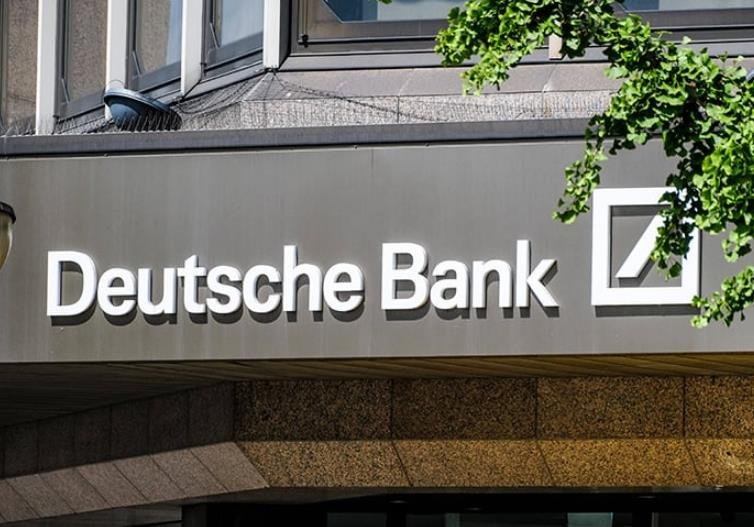Deutsche Bank has bounced back to profitability in the third quarter, surpassing analyst expectations and marking a significant turnaround from its previous loss. The German banking giant reported a net profit attributable to shareholders of €1.461 billion, a notable increase driven by its investment banking division and reduced legal provisions. As Germany grapples with economic challenges, this rebound offers a glimmer of optimism for the financial sector. Investors are closely watching how Deutsche Bank’s strategic moves will shape its future trajectory.
Investment Banking Drives Profit Surge
Deutsche Bank’s investment banking division reported revenues of €2.5 billion, an 11% increase over the same period last year.
- Fixed Income and Currencies Unit: Showed substantial growth, significantly contributing to overall success.
- Asset Management: Net revenues rose to €660 million, also up 11% year-over-year.
- Standout Performance: CFO James von Moltke highlighted these divisions as key drivers of the bank’s strong results.
These gains underscore the bank’s strategic focus on its core strengths. The robust performance in investment banking has helped offset challenges in other areas.

Legal Provision Cuts Boost Earnings
A partial release of €440 million in litigation provisions significantly bolstered Deutsche Bank’s third-quarter profits.
| Legal Developments | Impact |
|---|---|
| Settlement with 60% of Postbank plaintiffs | Reduced litigation risk and financial provisions |
| Release of €440 million provisions | Direct boost to net profit |
| Applied for Share Repurchase | Moving forward after settling legal issues |
CEO Christian Sewing expressed optimism about resolving legacy issues. “We’re looking to turn the page on all of the legacy items,” CFO von Moltke told CNBC.
Cost-Cutting and Workforce Adjustments
Earlier this year, Deutsche Bank initiated a cost-saving plan aiming to reduce headcount by 3,500 roles by 2025.
This initiative includes 800 cuts announced in the previous year. Despite the planned reductions, the bank added 766 staff during the third quarter, bringing the total workforce to 90,236. These moves are part of a broader strategy to improve efficiency and profitability. Analysts note that maintaining return on tangible equity margins will require trimming costs faster than revenues fall.
Deutsche Bank’s efforts reflect industry-wide pressures to adapt to changing market conditions. As interest rates decline, European banks face challenges in matching the profitability of their U.S. counterparts.
Market Outlook and Industry Position
Looking ahead, Deutsche Bank remains cautious yet hopeful about the economic environment.
CFO von Moltke acknowledged some disappointment with Germany’s economic recovery pace. However, he pointed to encouraging signs in the fourth quarter, including potential policy changes following the upcoming U.S. election. The bank has distanced itself from merger speculations with Commerzbank. Market participants continue to monitor the banking sector closely, especially with other European banks set to report earnings. Deutsche Bank’s shares have gained nearly 30% year-to-date, reflecting investor confidence.
The performance underscores the bank’s resilience amid economic uncertainties. As Deutsche Bank navigates the evolving landscape, its strategic decisions will be pivotal for future growth.






